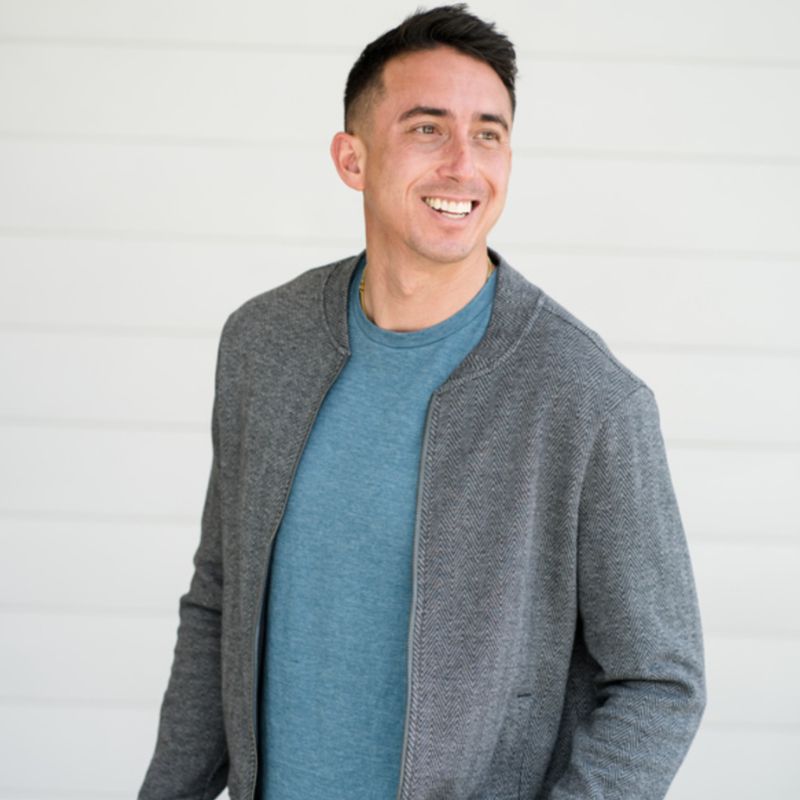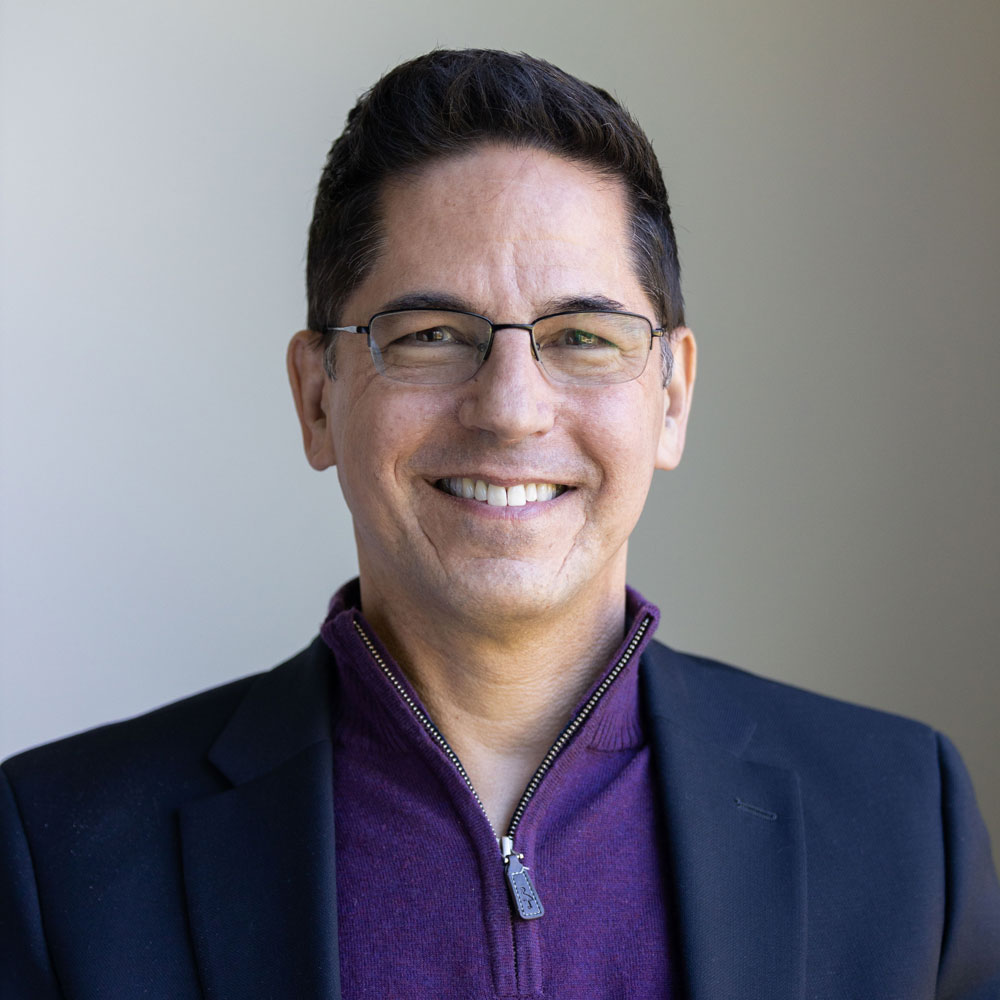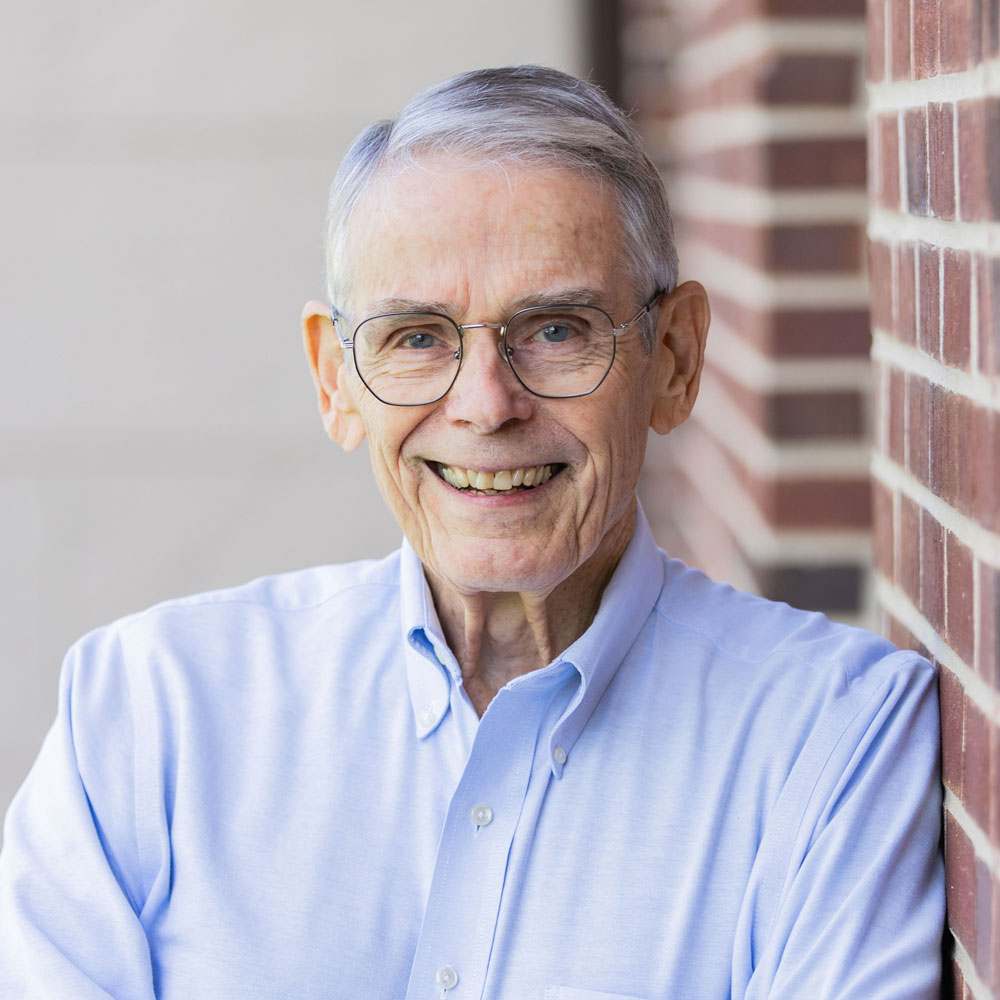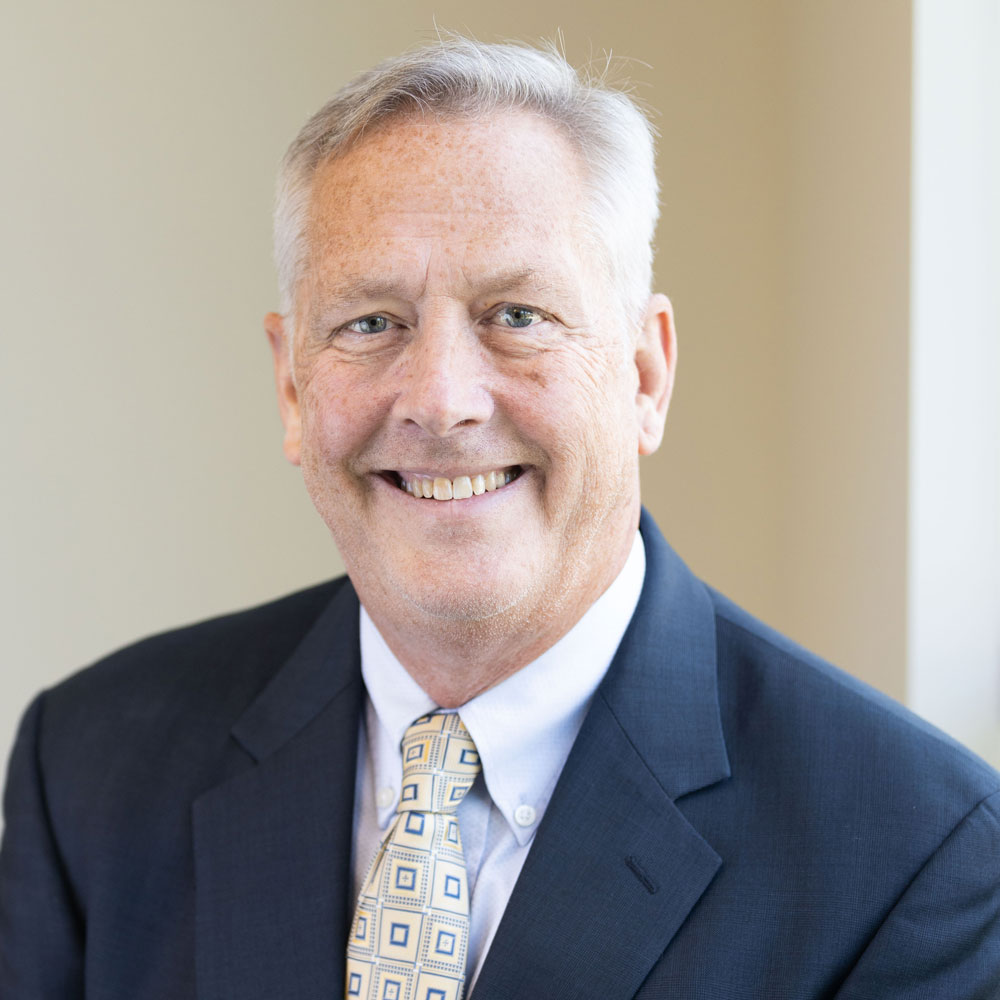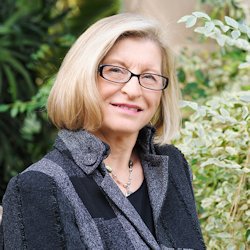Men’s Mental Health Matters: Breaking Barriers, Building Support and Redefining Strength
Guest Blog Author, Elena Gentry
June celebrates Men’s Mental Health Awareness Month, a great time to challenge the societal norms of what it means to be male and encourage vulnerability. Yes, this blog comes a month later, but Mind and Spirit Counseling Center still firmly believes in the importance of self-expression to live a fulfilling life and we say men’s mental health matters. In June, we interviewed several clinicians and Dr. Jim Hayes, our Executive Director and Spiritual Director at the Center, about mental health and why males are less likely to seek treatment.
According to Dr. Mark Thomas, mental health is an emotional reaction to how we process the world. Unfortunately, boys are taught from a young age not to express their emotions because it is not “manly”. This is problematic because, “you can’t just put a Band-Aid on mental health. You have to address what the child is doing or trying to process on their own. It’s hard for them to understand what’s going on internally.” It is harder for children to process emotions because their prefrontal cortex is not fully developed so it is less effective in regulating intense feelings. Therefore, a child told to suppress emotions of vulnerability may face altered brain activity, heightened stress response, or impaired emotional regulation skills.
Dr. Doug Aupperle explained why it is natural for the body to express vulnerability. The brain responds to trauma by going into stress mode and activating fight, flight, or freeze. However, because society teaches many boys not to express emotions, they may turn an acceptable feeling into an unwanted response. For example, demonstrating the feeling of anger with a violent reaction. Feelings are messengers telling the body how the brain is processing a stimulus. It is crucial children are taught how to process emotions and that it is okay to express them. As many boys and young men fall victim to society’s expectations of them, teenage boys and young men are 2.5 times more likely to attempt suicide than women in their age group. This likelihood drastically increases for boys with marginalized identities.
The two psychologists gave advice for improving boys’ mental health. A common technique for children is play therapy because it helps children work through feelings by problem-solving and building self-esteem. Mind and Spirit Counseling Center offers several play therapy spaces such as our bean bag room or art room.
Dr. Aupperle said the most important thing a child can have is support. Before telling a child to change their behavior, their feelings must be acknowledged. They will be more receptive to changing their behavior if their feelings causing the action are heard. He ended by quoting neuroscientist Dr. Robyn Gobbel. “Regulated, connected kids who feel safe behave well.”
It is important to redefine society’s perception of “appropriate” male behavior early in life because it is harder for men to act against gender norms if they were not taught to do so young. In a joint interview with Licensed Independent Social Worker, Dick Douglass, and Executive Director, Dr. Jim Hayes, we discussed men’s mental health.
We began by discussing relationships. Dr. Hayes said women find it easier than men to make friends because they are more likely to admit when they need support. When men mask their emotions, they find it more difficult to make quality and meaningful friendships. Dick stated it is crucial to build a community of loved ones around you. According to the Iowa Department of Public Health, in 2020, men were 3.5 times more likely to commit suicide than women. In Iowa, farming is the occupation with the greatest prevalence of suicide. Support makes it easier to overcome adversity. For example, grief groups are a great option after a traumatic experience.
Dr. Hayes encouraged connecting with individuals each day. He advised starting small such as in line at the cash register or with a waitress at the restaurant. Work your way up to joining a group for something you’re interested in or to help you with a problem in your life. Most importantly, be okay with being uncomfortable.
Finally, therapy is a great option. As Dick noted, “The fundamental power of therapy is the relationship that forms between the therapist and the client. And if there’s that high level of trust and understanding, then that’s likely to be very helpful for the client.” The therapist can help the patient reframe their mindset. With a clinician’s help the patient can discover how to improve their outlook on a situation and focus on what brings them joy in life.
As Men’s Mental Health Awareness Month has come to a close, we are reminded of the urgent need to challenge outdated gender norms and create safe spaces for boys and men to express their emotions. From childhood development to adult relationships, vulnerability plays a vital role in emotional well-being. Through insights from our clinicians and leadership at Mind and Spirit Counseling Center, it’s clear that emotional support, connection, and access to therapy can profoundly impact men’s mental health. By redefining what it means to be strong, we can empower more men to seek healing, build meaningful relationships, and live more fulfilling lives.
Dr. Mark Thomas
Predoctoral Psychology Intern Graduate (2024-2025)
Dr. Doug Aupperle
Licensed Psychologist & Health Service Provider in Psychology
Read bio here
Dick Douglass
Retired Licensed Independent Social Worker
Dr. Jim Hayes
Executive Director and Spiritual Director
Read bio here
